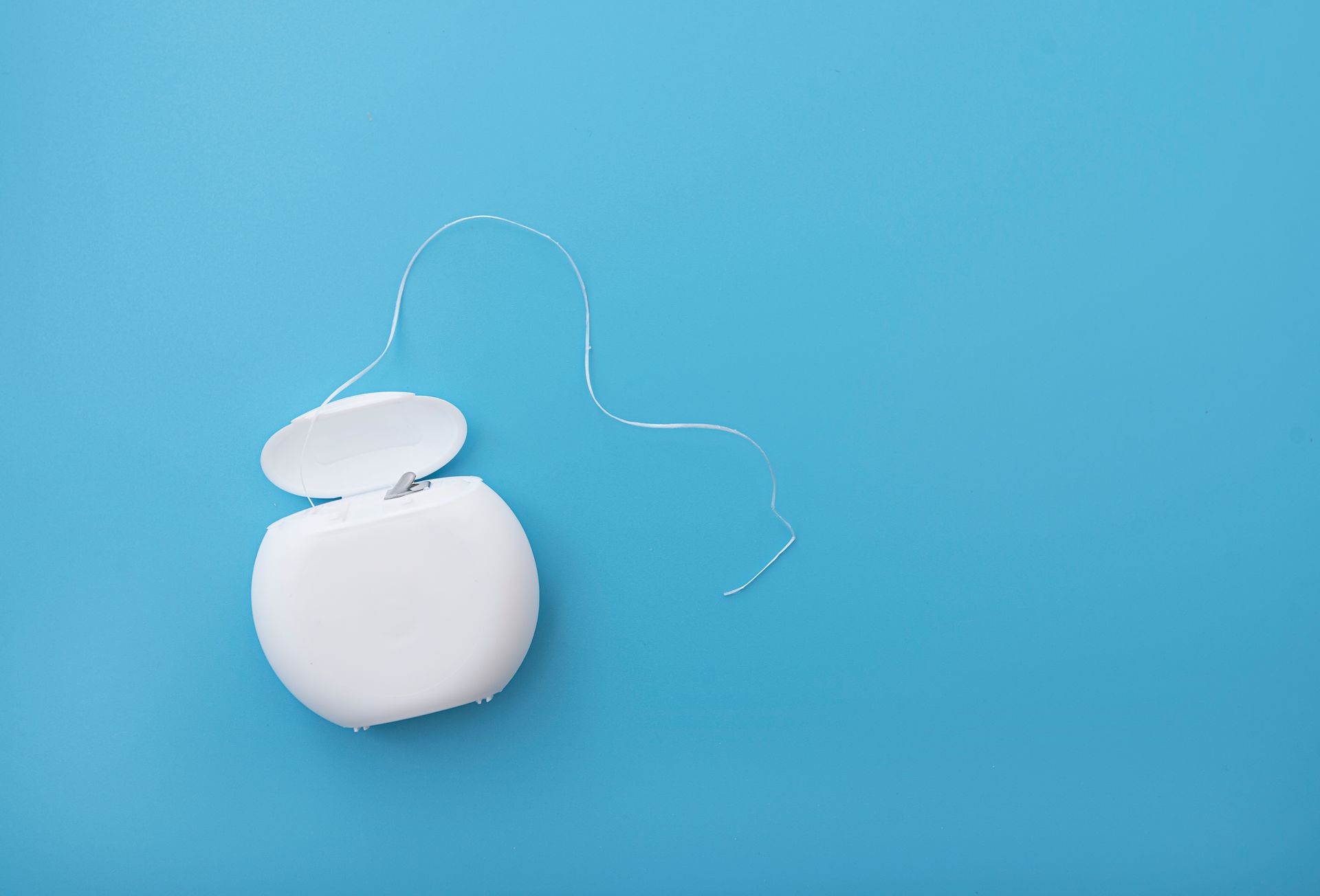Dentistry Articles

Flossing may be one of the most overlooked steps in oral hygiene, but it’s also one of the most important. At Dental Professionals of Wheaton, we remind our patients that brushing alone isn’t enough to keep your teeth and gums healthy. Flossing removes plaque and food particles from between the teeth—areas your toothbrush can’t reach—and helps prevent gum disease and decay before they start. Although flossing only takes a couple of minutes per day, research shows that fewer than half of Americans floss daily. Developing a consistent flossing habit can dramatically improve your oral health and help you keep your natural teeth well into your later years.

Brushing your teeth might seem like second nature, but are you actually brushing the right way? At Dental Professionals of Wheaton , we emphasize the importance of mastering proper brushing technique as part of a strong preventive dental care routine. According to the American Dental Association (ADA) , how—and how often—you brush your teeth can make a significant difference in preventing tooth decay, gum disease, and bad breath. If you're brushing twice a day but still experiencing issues like bleeding gums or plaque buildup, it may be time to revisit your brushing habits. Let’s walk through the best techniques for keeping your teeth healthy and clean.

At Dental Professionals of Wheaton, we believe preventive care is the foundation of long-lasting oral health—and fluoride plays a vital role in that. This naturally occurring mineral has been proven to strengthen enamel, reduce the risk of cavities, and protect your teeth from everyday wear. Whether you’re a child developing your first permanent teeth or an adult managing dry mouth or gum recession, fluoride treatments can make a meaningful difference in your dental health. Fluoride is supported by major health organizations, including the American Dental Association (ADA), the American Academy of Pediatrics, and the American Medical Association, as a safe and effective way to prevent dental caries (tooth decay).

Preventive dental care starts at home, and the tools you use matter. At Dental Professionals of Wheaton, we often hear patients ask whether they should stick with a traditional manual toothbrush or switch to an electric one. The answer? It depends on your personal needs and preferences—but both options can be effective when used correctly. Your twice-daily brushing routine is one of the most important habits you can maintain to prevent cavities, gum disease, and plaque buildup. Choosing the right toothbrush can help make that routine more efficient, comfortable, and effective.

When it comes to maintaining strong teeth and healthy gums, what you eat matters just as much as how well you brush. At Dental Professionals of Wheaton, we educate patients on the critical link between nutrition and oral health. The truth is, your daily diet plays a direct role in preventing cavities, supporting gum tissue, and keeping your entire mouth in tip-top shape. Even seemingly harmless snacks or drinks can feed the bacteria that cause tooth decay and gum disease. Fortunately, with the right dietary habits, you can protect your smile while still enjoying your favorite foods.


